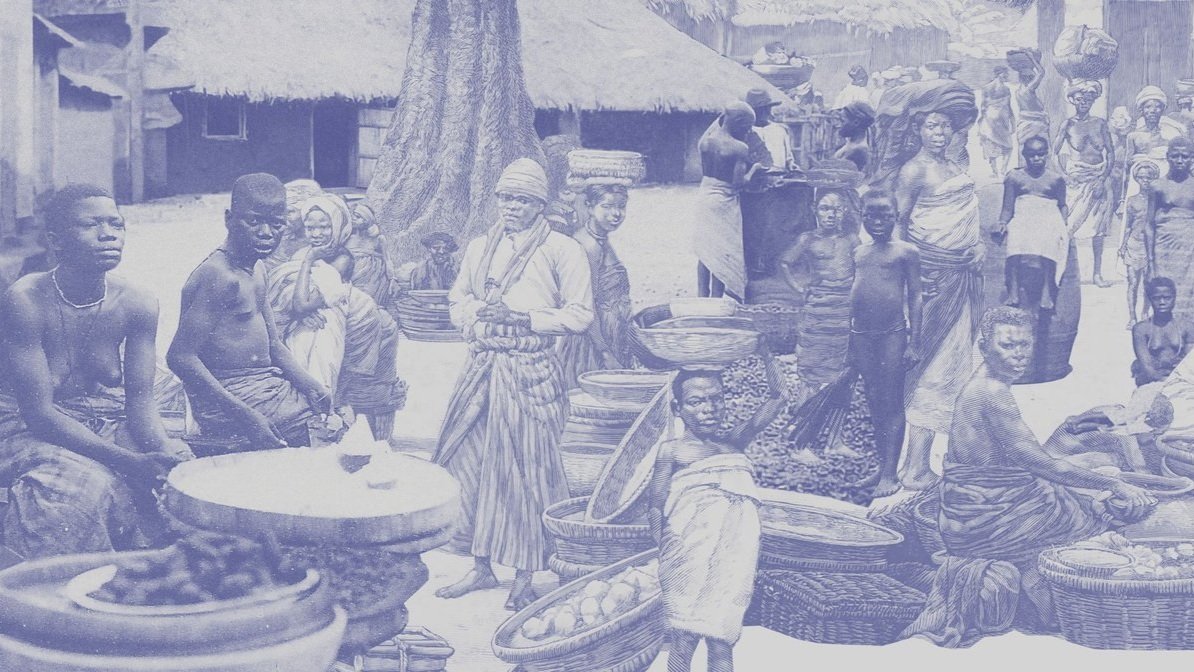
Historian of Africa, Gender and Sexuality, And Law
Dr. Jessica Reuther is an assistant professor of African and world history at Ball State University in Muncie, Indiana USA. She came to Ball State after earning her PhD in African History from Emory University in Atlanta, GA in 2016.
Dr. Reuther is a historian of Africa who specializes in Atlantic West Africa and French West Africa from the sixteenth century to the present. She has conducted archival and oral history research in Benin, Senegal, France, Switzerland, and the United States.
The Bonds of Kinship in Dahomey:
Portraits Of West African Girlhood, 1720-1940
Now available with Indiana University Press!
Listen to Dr. Jessica Reuther discuss her book with Afua Baafi Quarshie of the New Books Network.
Rites and Wrongs In Atlantic West Africa:
Female Sexualities, Indigenous Cosmologies, and Legal Authorities
Rites and Wrongs in Atlantic West Africa: Female Sexualities, Indigenous Cosmologies, and Legal Authorities, explores the intersecting histories of sexuality, religion, and law in societies in the littoral regions of modern-day Senegal, Côte d’Ivoire, and Benin. This project will examine from a comparative transregional perspective how practitioners of indigenous African religions from the sixteenth to the twentieth century controlled female sexuality through spiritual taboos and criminal penalties. It seeks to answer the following questions: In each of these three Atlantic regions, how did the transformation of certain sexual encounters into prohibited taboos or ritual crimes enhance specific forms of patriarchal authority and undermine others? How did West African women accept, police, challenge, and defy these regulations in their daily lives? How did existing precolonial moral codes influence how groups and individuals in French West Africa engaged the same colonial legal system in creative ways that reflected historically situated local sexual mores?
Teaching
At Ball State, I teach a wide variety of African and world history courses.
MORE COMING SOON!
“Une Marchande de Tissus” or “A Fabric Seller” from Alexandre d’Albéca, La France au Dahomey (1895)
Dahomey. Jeunes féticheuses by François-Edmond Fortier

Contact
Feel free to contact me with any questions.
Email
jcreuther@bsu.edu

